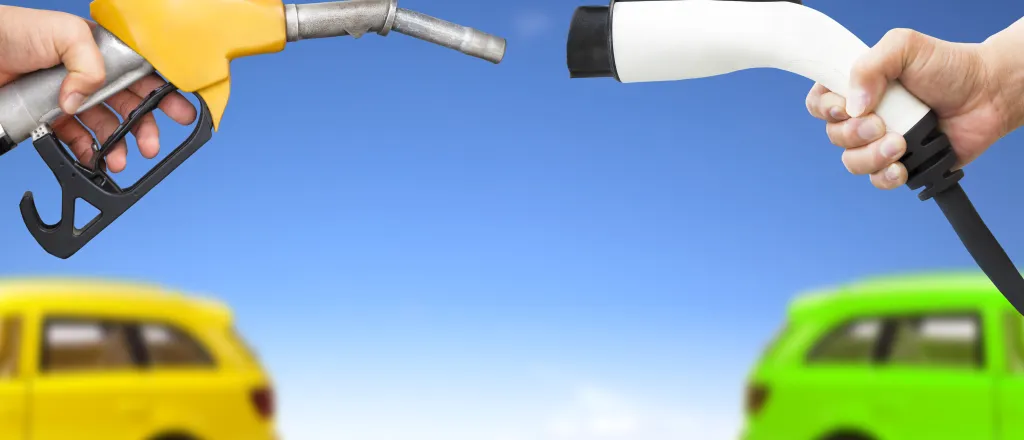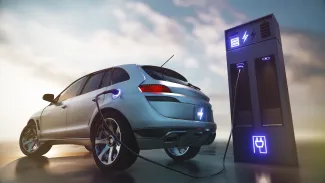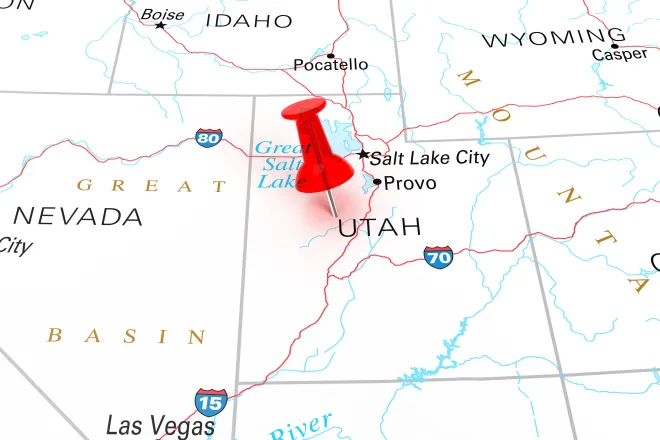
Senate to vote to overturn California gas car ban, overriding parliamentarian
U.S. Senate Majority Leader John Thune announced he is holding a vote to overturn California’s 2035 ban on the sale of new gas-powered cars, which has been adopted by 11 other states and the District of Columbia, making up 40 percent of the American market.
The vote would also impact other California emissions rules approved in the last days of the Biden administration, including the state’s diesel-engine and zero-emission heavy-duty-vehicle requirements.
The phased-in zero-emission vehicle requirement applies to Massachusetts, New York, Oregon, Vermont and Washington for the ongoing model year 2026, and Colorado, Delaware, Maryland, New Jersey, New Mexico, Rhode Island and Washington, D.C. for model year 2027.

Last month, the Senate parliamentarian ruled that the Biden administration’s EPA waiver that allowed California to enact this regulation is not subject to congressional review, the power by which Congress has 60 legislative days to overturn regulatory actions by executive agencies such as the EPA.
Because California’s air emissions regulations predate the EPA — the state sought to regulate air pollution causing its once-infamous smog — it alone is allowed to create its own air regulations more stringent than the federal standard, so long as it receives an EPA waiver for each rule.
States seeking more stringent air regulations than the federal standard have done so by adopting California’s rules, making California’s emissions regulations a matter of national concern.
In California, zero-emission vehicle market share would have to grow to 35 percent for the ongoing 2026 model year.
With ZEV market share in California — which has the highest ZEV adoption rates in the country — having declined from 22 percent in 2024 to 20.8 percent in the first quarter of 2025, Toyota has said the target is “impossible” to meet, as ZEV sales would have to increase 68 percent practically overnight.
Automakers can buy and trade credits from other automakers to meet the rising targets, or face fines of $10,000 per credit they are short, resulting in automakers pulling some cars from markets impacted by the new requirements.

California Governor Gavin Newsom positioned the vote as a matter of health and maintaining dominance in the geopolitical confrontation with China.
“The United States Senate has a choice: cede American car-industry dominance to China and clog the lungs of our children, or follow decades of precedent and uphold the clean air policies that Ronald Reagan and Richard Nixon fought so hard for,” said Newsom in a statement. “Will you side with China or America?”
The Specialty Equipment Market Association, which represents the automotive aftermarket industry, says overturning the gas car ban would protect jobs and small businesses and grow the real economy.
“The automotive aftermarket industry will be deeply impacted by EV mandates and internal combustion engine bans,” said SEMA in a statement. “This is an industry made up of small businesses, 33 percent of which are ICE-vehicle dependent; the death of California’s waiver will give life to more than 330,000 American jobs and preserves over $100 billion of economic impact to the nation’s economy.”
General Motors, the nation’s largest American automaker, has supported California vehicle regulations in the past, but has since come out in support of its reversal as EV sales have struggled.
“GM believes in customer choice, and we continue to focus on offering the best and broadest portfolio of vehicles on the market,” said GM in a statement. “GM has long supported one national standard and consistency in emissions regulations that are aligned with market realities."
















